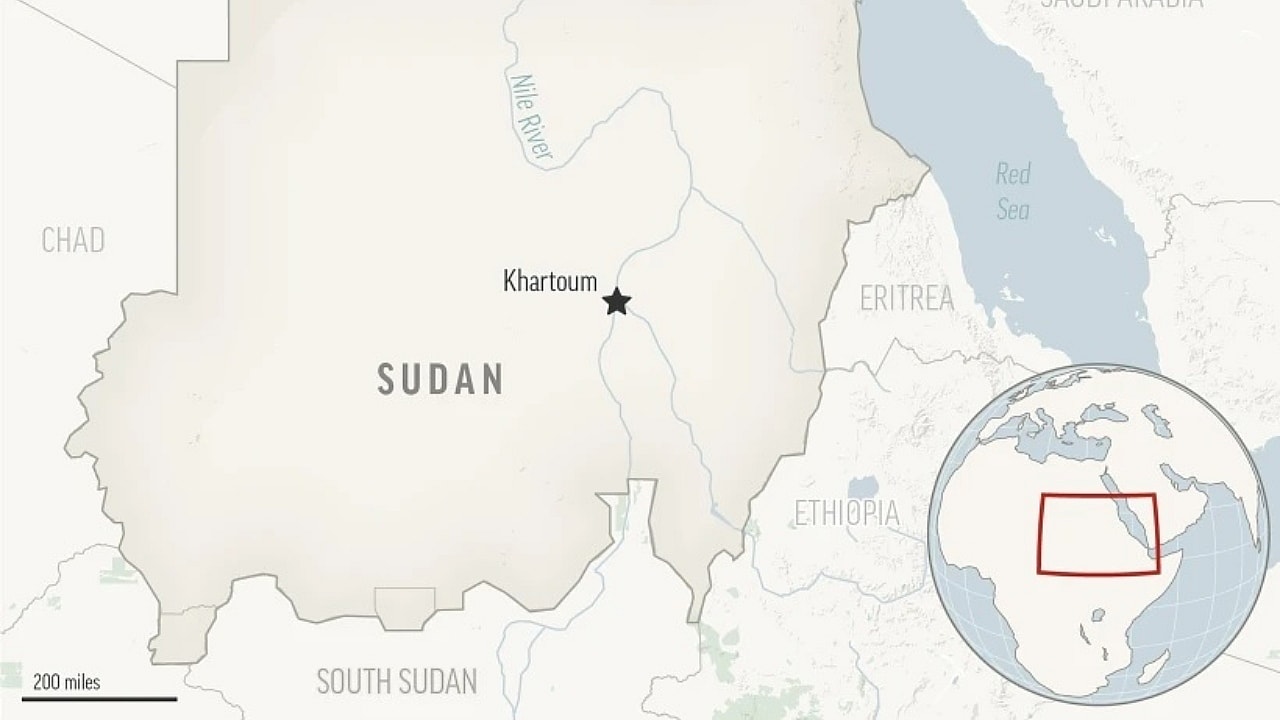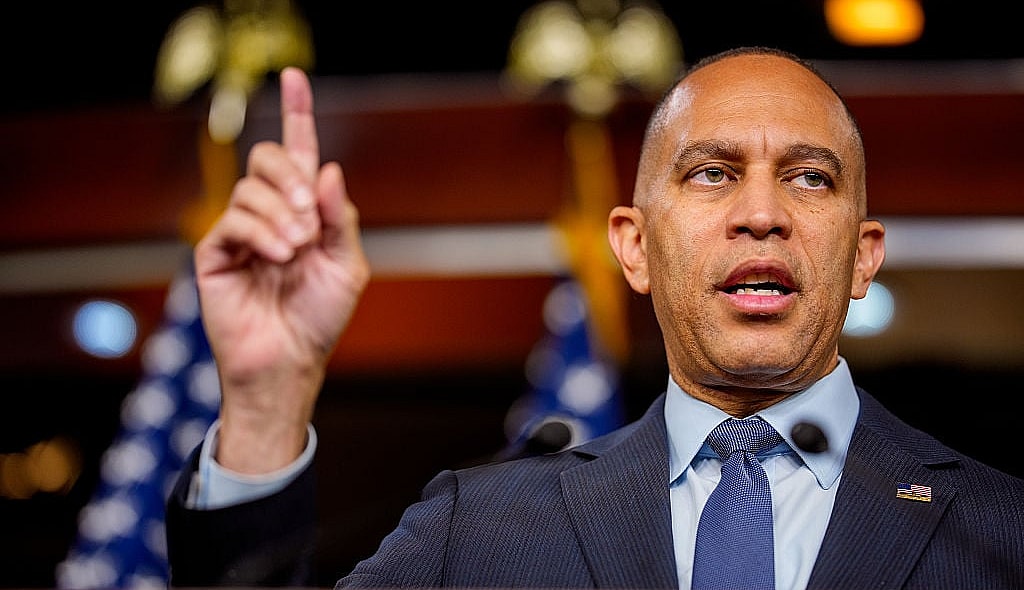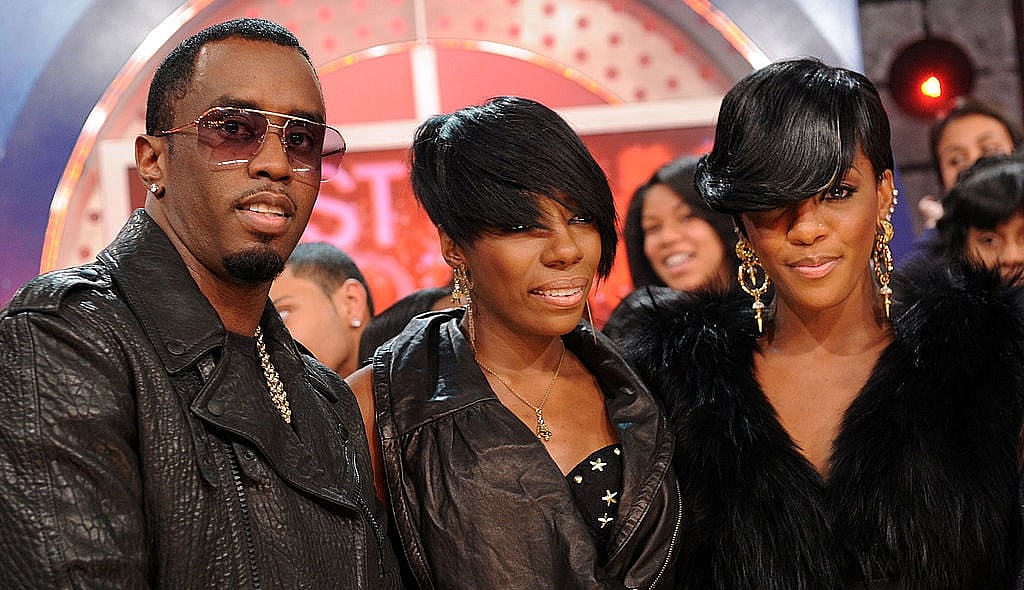WASHINGTON (AP) — The Biden administration said Wednesday it has determined that both sides in the ongoing conflict in Sudan have committed atrocities in the African nation’s western region of Darfur and elsewhere, saying the fighting “has caused grievous human suffering.”
The State Department said the Rapid Support Forces and the Sudanese Armed Forces are responsible for either war crimes or crimes against humanity, or both, in Darfur, where fighting that began in the capital earlier this year has descended into ethnic violence in recent weeks.
“Based on the State Department’s careful analysis of the law and available facts, I have determined that members of the SAF and the RSF have committed war crimes in Sudan,” Secretary of State Antony Blinken said in a statement. “I have also determined that members of the RSF and allied militias have committed crimes against humanity and ethnic cleansing.”

The finding does not include sanctions being imposed on leaders or members of either side but creates the authority for the U.S. to impose them.
“This determination provides force and renewed urgency to African and international efforts to end the violence, address the humanitarian and human rights crisis, and work towards meaningful justice for victims and the affected communities that ends decades of impunity,” Blinken said. “Today’s determination does not preclude the possibility of future determinations as additional information about the parties’ actions becomes available.”
The Biden administration has already imposed sanctions on RSF and Sudanese army officials for their actions in other parts of the country, including Khartoum, the capital.
On Monday, the administration imposed sanctions on three Sudanese men accused of undermining “peace, security and stability.” Those sanctions freeze all property and assets held by Taha Osman Ahmed al-Hussein, Salah Abdallah Mohamed Salah and Mohamed Etta al-Moula Abbas in U.S. jurisdictions.
All three held senior government positions under former autocratic President Omar al-Bashir, who ruled Sudan for 30 years. They were forced out of public office after al-Bashir was toppled in a popular uprising in 2019.
The sanctions were the latest the U.S. has imposed on Sudanese leaders and companies in recent months.
Recommended Stories
In September, the U.S. imposed sanctions on Abdel-Rahim Hamdan Dagalo — brother of the RSF leader — for alleged acts of violence and human rights abuses committed by the paramilitary.
In June, the U.S. placed sanctions on four key companies either linked to or owned by the army and the RSF. In addition, it put visa restrictions on officials from both Sudanese sides, as well as other leaders affiliated with al-Bashir, but didn’t specify who was affected.
Sudan plunged into chaos in April when long-simmering tensions between the military, led by Gen. Abdel Fattah Burhan, and the Rapid Support Force paramilitary commanded by Mohammed Hamdan Dagalo escalated into open warfare.
The conflict had killed up to 9,000 people by October, according to the United Nations. However, activists and doctors groups say the real figure is far higher.
In Darfur, which was the site of a genocidal campaign in the early 2000s, the conflict has morphed into ethnic violence, with the RSF and allied Arab militias attacking ethnic African groups, according to rights groups and the U.N.
Never miss a beat: Get our daily stories straight to your inbox with theGrio’s newsletter.









